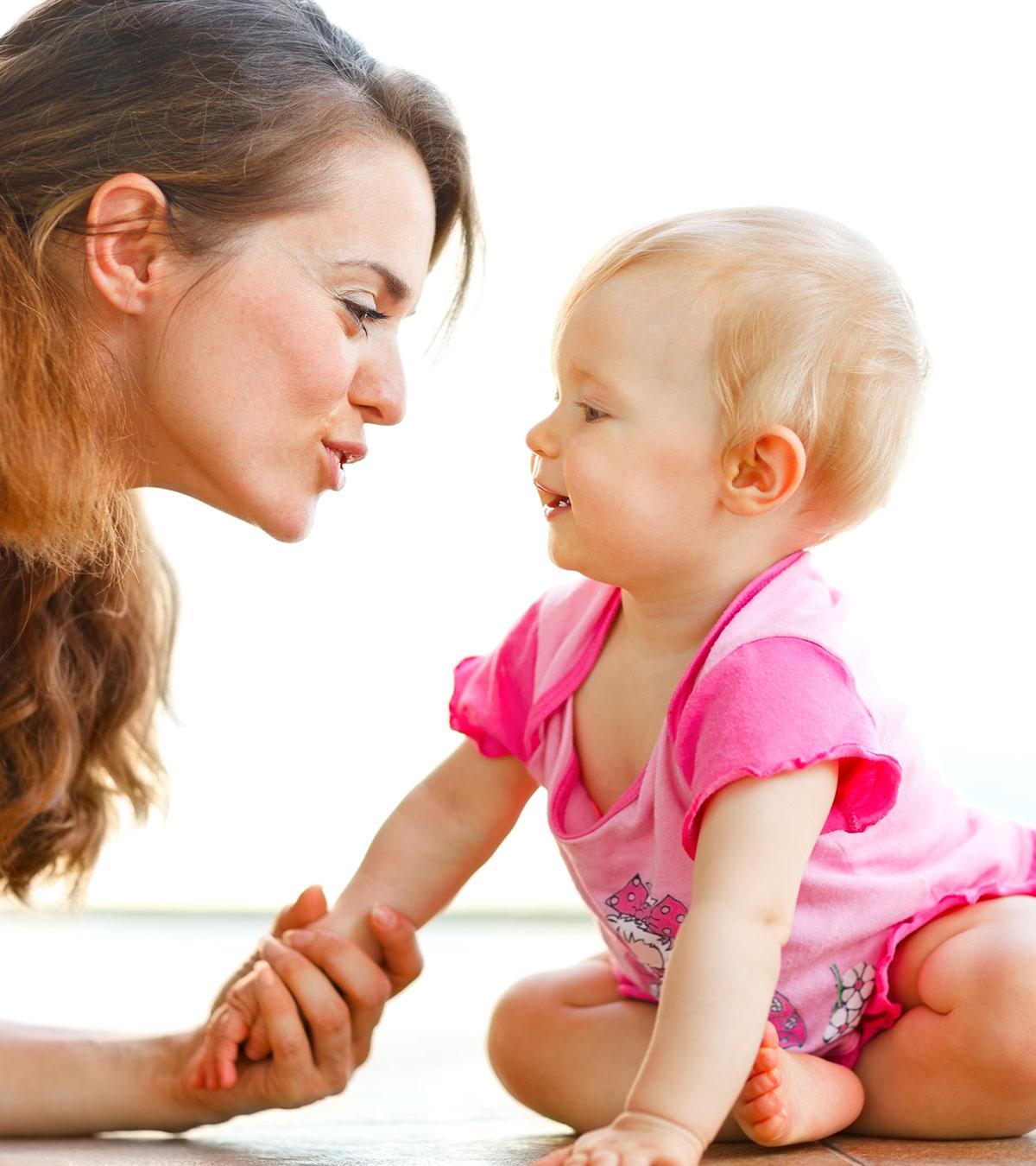 Source: bing.com
Source: bing.comAt 9 months old, your baby is growing rapidly, and so is their emotional development. From the day they were born, your baby has been learning and adapting to the world around them. Emotional development is a crucial aspect of their growth, shaping their personality, behavior, and social skills. As a parent, it’s important to recognize the signs of emotional development in your baby and aid them through this crucial stage. In this article, we’ll explore the emotional development milestones of a 9-month-old baby.
Table of Contents
Understanding Emotional Development
Emotional development refers to the growth and expression of emotional competencies in children. At 9 months old, your baby’s emotions are no longer limited to crying and smiling, but they can now display a wide range of emotions such as fear, joy, anger, and sadness. They are also becoming better at reading social cues and understanding the emotions of the people around them. Their sense of self-awareness is also developing, as they begin to recognize themselves in mirrors and pictures.
Emotional Development Milestones of a 9-Month-Old Baby
1. Attachment
By this age, your baby has likely formed a strong attachment to you and other caregivers. They will seek comfort and security from you when they feel distressed or upset. Separation anxiety may also occur around this time, as your baby realizes that you can leave them and they may not see you for a while.
2. Social Interaction
Your baby is becoming more social and will enjoy interacting with others, especially familiar faces. They may smile, laugh, and babble during playtime or when they see someone they recognize. They may also start to show fear or shyness around strangers.
3. Expressing Emotions
Your baby is now demonstrating a wide range of emotions, and they are becoming better at expressing them. For example, they may show excitement by clapping their hands or kicking their legs, or frustration by throwing objects or crying. They may also start to imitate facial expressions, such as sticking out their tongue or opening their mouth.
4. Empathy
Your baby is starting to develop empathy and will respond to the emotions of others. For example, if they see another child crying, they may show concern by touching or patting them to make them feel better. They may also start to mimic the emotions of others, such as laughing when someone else laughs.
5. Self-Awareness
Your baby is beginning to recognize themselves in mirrors or pictures, which is a sign of self-awareness. They may touch their reflection or try to interact with it. This newfound awareness can lead to a sense of independence, as they realize that they are a separate entity from the people and objects around them.
How to Support Your Baby’s Emotional Development
As a parent, there are many ways you can support your baby’s emotional development. Here are a few tips:
- Respond to your baby’s cries and comfort them when they are upset.
- Spend quality time with your baby, playing and interacting with them.
- Encourage social interaction with familiar faces and gradually introduce them to new people and environments.
- Model positive emotions and behaviors, as your baby is constantly learning from your actions.
- Provide a safe and nurturing environment that promotes exploration and independence.
Conclusion
Emotional development is a crucial aspect of your baby’s growth and will shape their personality and behavior. By understanding the emotional milestones of a 9-month-old baby, you can better support and guide them through this crucial stage. Remember to provide a safe and nurturing environment, encourage social interaction, and model positive emotions and behaviors. With your love and support, your baby will continue to grow and thrive emotionally.
Frequently Asked Questions
1. How can I tell if my baby is developing emotionally?
Some signs of emotional development in babies include responding to their name, smiling or laughing during playtime, showing fear or shyness around strangers, and mimicking facial expressions. It’s also important to pay attention to your baby’s emotional cues and respond to their needs appropriately.
2. Should I be concerned if my baby doesn’t seem to be developing emotionally?
It’s important to remember that all babies develop differently and at their own pace. However, if you have concerns about your baby’s emotional development, speak with your pediatrician. They can help determine if there are any underlying issues and offer guidance on how to support your baby’s growth and development.
3. Can I help my baby develop emotional intelligence?
Yes, you can support your baby’s emotional intelligence by providing a nurturing and supportive environment, modeling positive emotions and behaviors, and encouraging social interactions with others. Be patient and offer plenty of love and affection, as your baby learns and grows emotionally.
4. Are there any activities that can help promote emotional development in babies?
Yes, there are many activities that can help promote emotional development in babies, such as reading books with emotional themes, playing peek-a-boo or other interactive games, and exposing them to a variety of social situations and environments. Remember to always provide a safe and nurturing environment and follow your baby’s lead when it comes to play and exploration.
5. How can I deal with separation anxiety in my 9-month-old baby?
Separation anxiety is a normal part of emotional development and typically peaks around 9-10 months of age. To help ease separation anxiety, try to establish a consistent routine and provide plenty of comfort and reassurance when leaving your baby. Offer a comfort object, such as a favorite toy or blanket, and try to keep goodbyes short and sweet. Remember to always show your baby love and affection, even when you’re apart.
